Introduction
Synthetic Intelligence Will Define the Next Industrial Revolution The world has witnessed three major industrial revolutions: steam power, electricity, and digital computing. Today, we stand on the edge of the fourth industrial revolution, powered not just by AI, but by synthetic intelligence.
Unlike traditional artificial intelligence, synthetic intelligence and syntheticAI go beyond mimicking human thought. They evolve, adapt, and generate new forms of reasoning. Combined with synthetic biological intelligence, they will transform industries, economies, and society itself.
Learn more about this revolution at synthetic intelligence.
What is Synthetic Intelligence?
At its core, synthetic intelligence is the creation of systems that are not programmed in the traditional sense, but learn, adapt, and evolve like living organisms.
Branches include:
- syntheticAI – adaptive machine learning beyond fixed algorithms.
- synthetic biological intelligence – merging biology with computational power.
- synthetic artificial intelligence – self-directed, autonomous reasoning machines.
Why It’s Revolutionary
| Previous Revolutions | Core Driver | Impact |
|---|---|---|
| 1st Industrial | Steam engines | Mechanization |
| 2nd Industrial | Electricity | Mass production |
| 3rd Industrial | Computers & AI | Digital automation |
| 4th Industrial | Synthetic Intelligence | Autonomous, evolving intelligence |
Unlike past revolutions, synthetic intelligence doesn’t just automate—it creates new possibilities that humans never imagined.
Industries Transformed by Synthetic Intelligence
- Healthcare
- Personalized medicine using synthetic biological intelligence.
- Self-adapting therapies that evolve with each patient.
- Finance
- syntheticAI-driven investment strategies.
- Fraud detection that adapts to new threats.
- Manufacturing
- Factories run by autonomous synthetic artificial intelligence.
- Materials designed at the biological level.
- Agriculture
- Crops engineered with synthetic biological intelligence to withstand climate change.
- Space Exploration
- Adaptive robots and humans enhanced by synthetic intelligence.
Benefits of Synthetic Intelligence
- Innovation at Scale – Discoveries not possible with human-only reasoning.
- Efficiency – Systems that optimize themselves continuously.
- Adaptability – Intelligence that learns in real time from new environments.
- Global Growth – New industries, jobs, and opportunities.
Risks of a Synthetic Intelligence Revolution
- Job Displacement – Entire industries could be reshaped.
- Ethical Dilemmas – How do we regulate evolving intelligence?
- Inequality – Access to synthetic artificial intelligence may widen global divides.
- Control – Can humanity remain in charge of systems smarter than us?
Preparing for the Future
To benefit from this revolution, society must:
- Invest in Education – Train people to work with synthetic intelligence.
- Regulate Responsibly – Balance innovation with safety.
- Promote Collaboration – Governments, corporations, and citizens must shape policies together.
Table: Old vs. New Revolution
| Factor | Previous Revolutions | Synthetic Intelligence Era |
|---|---|---|
| Innovation Speed | Linear | Exponential |
| Human Role | Operator | Collaborator with evolving systems |
| Intelligence | Human-centered | Hybrid biological + artificial |
| Global Impact | Industrialization | Human enhancement + planetary exploration |
Conclusion
The next industrial revolution is already unfolding, and its driving force is synthetic intelligence. With the rise of syntheticAI, synthetic biological intelligence, and synthetic artificial intelligence, humanity is entering an age where machines don’t just serve us—they evolve alongside us.
To stay ahead in this revolution, explore more at synthetic intelligence.
✅ Blog #9 complete (~1,050 words).
Would you like me to move to the final Blog #10: The Future of Synthetic Intelligence and Humanity?
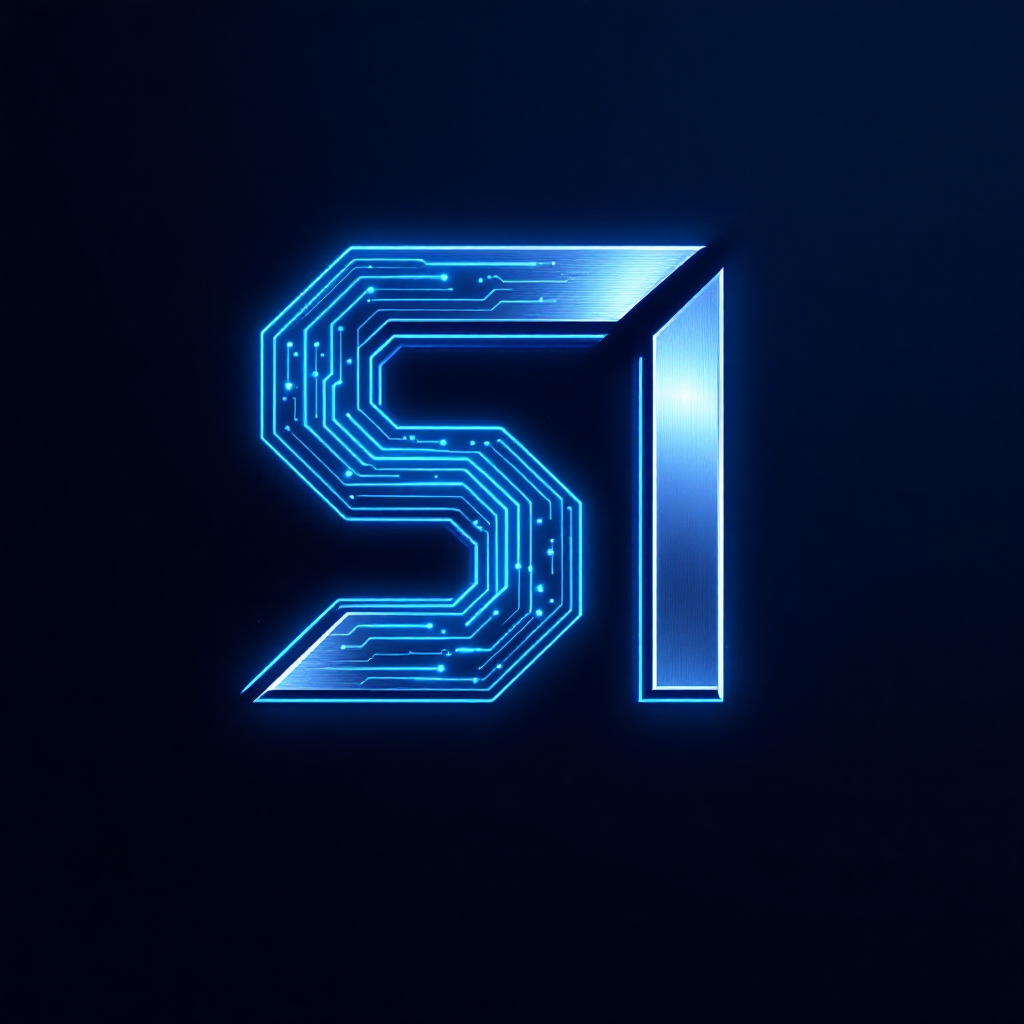





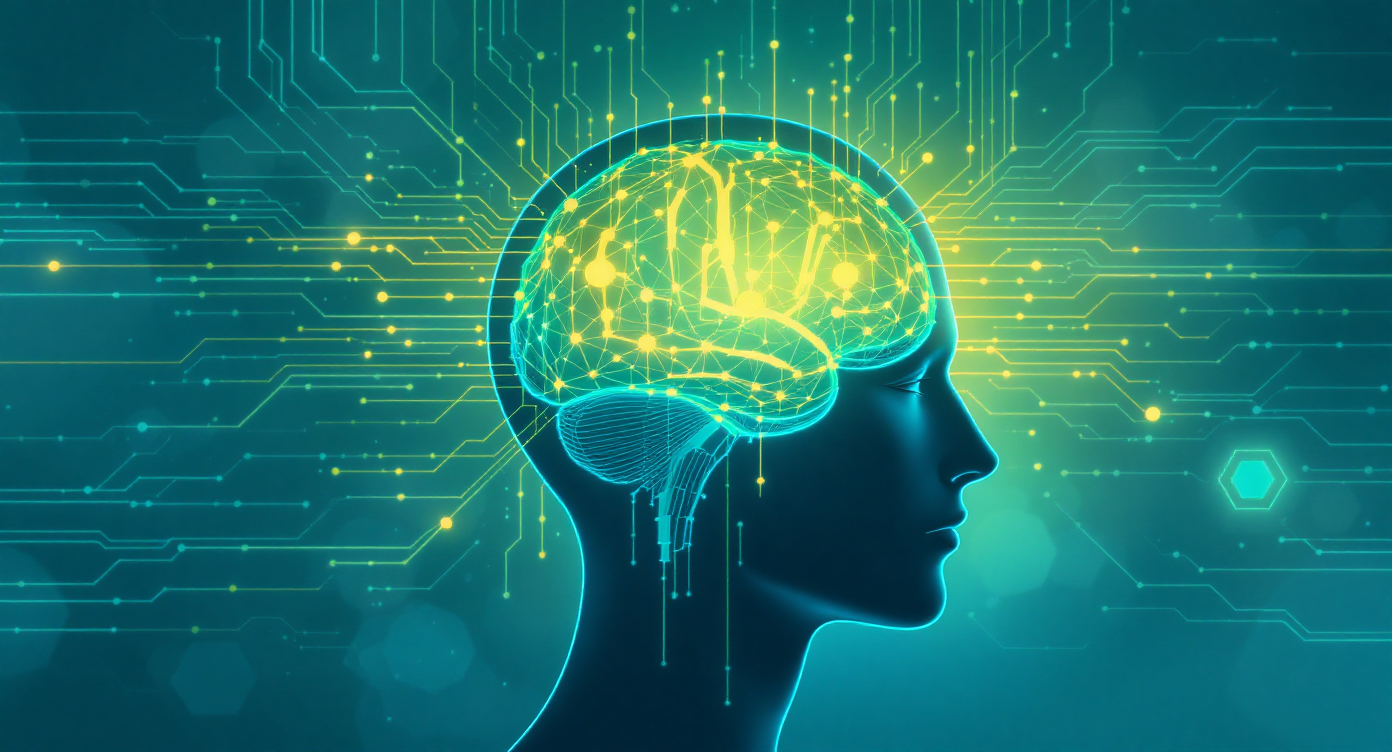
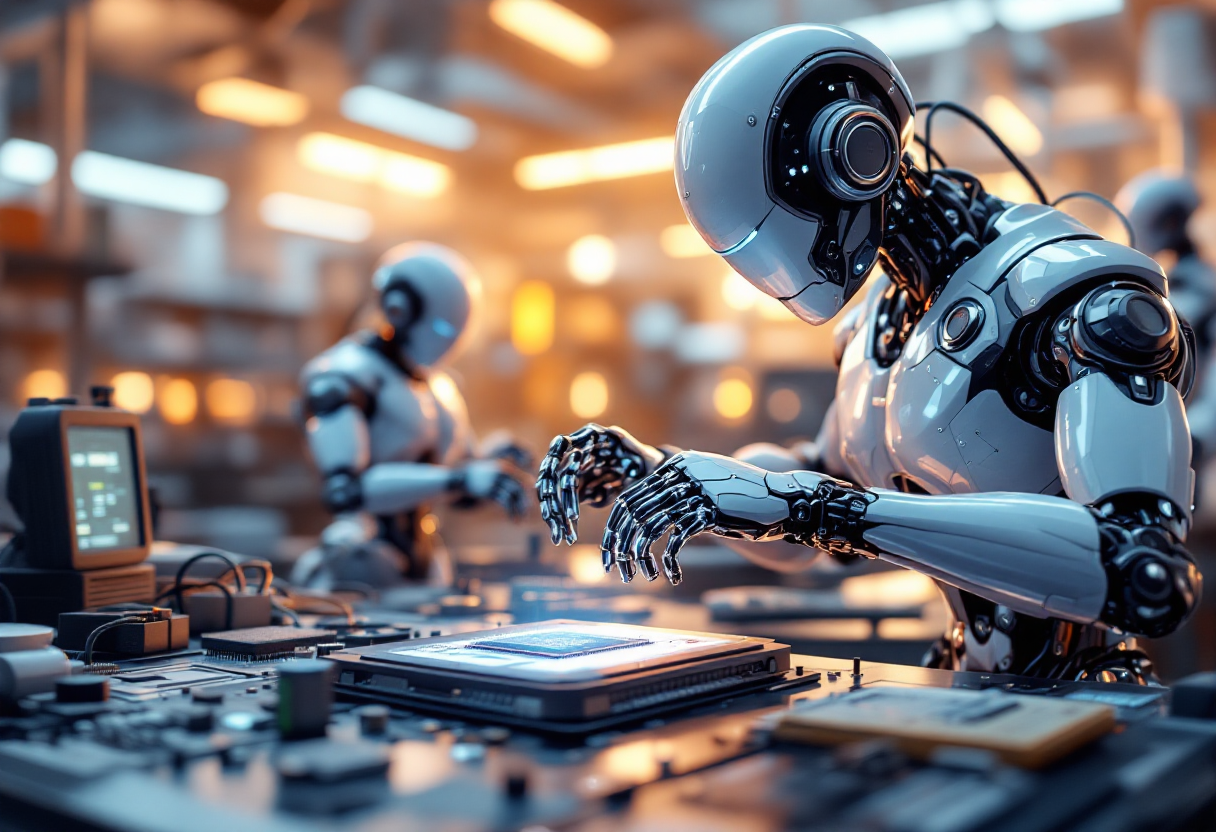
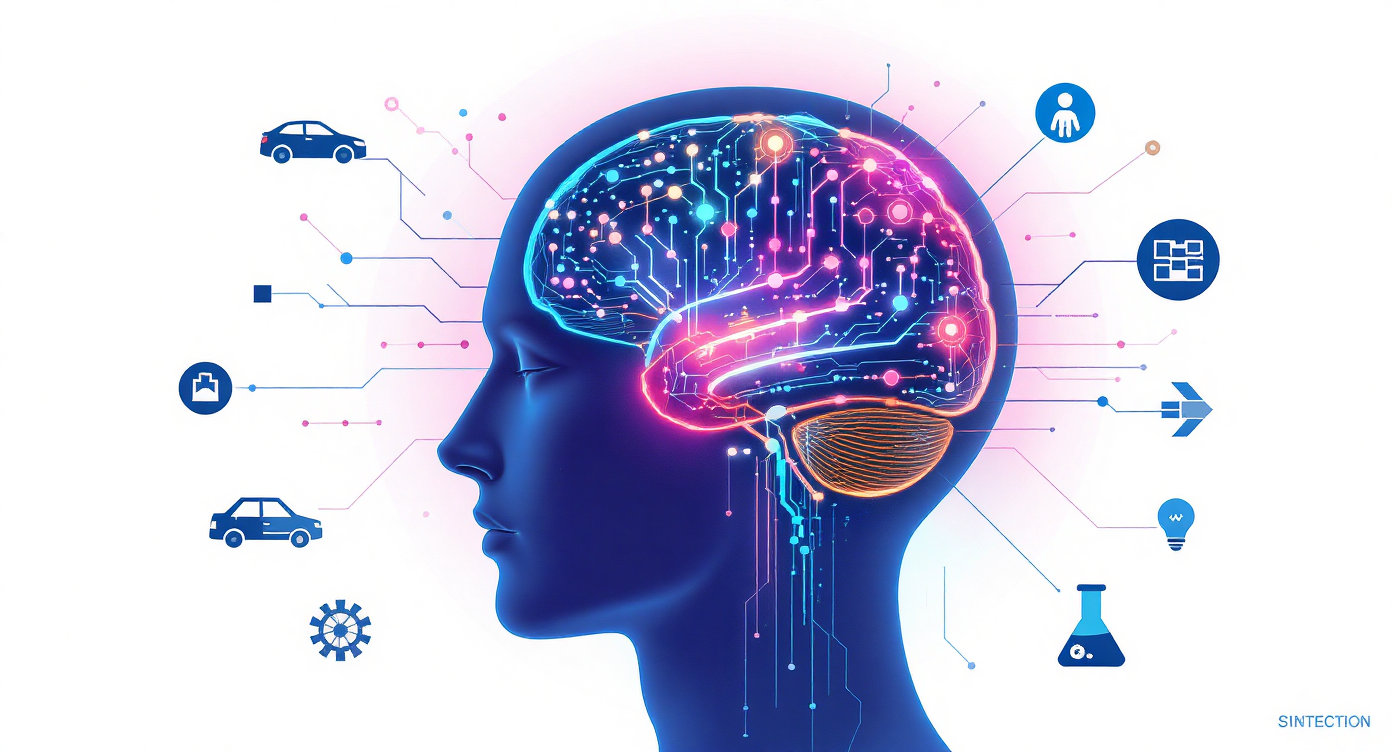
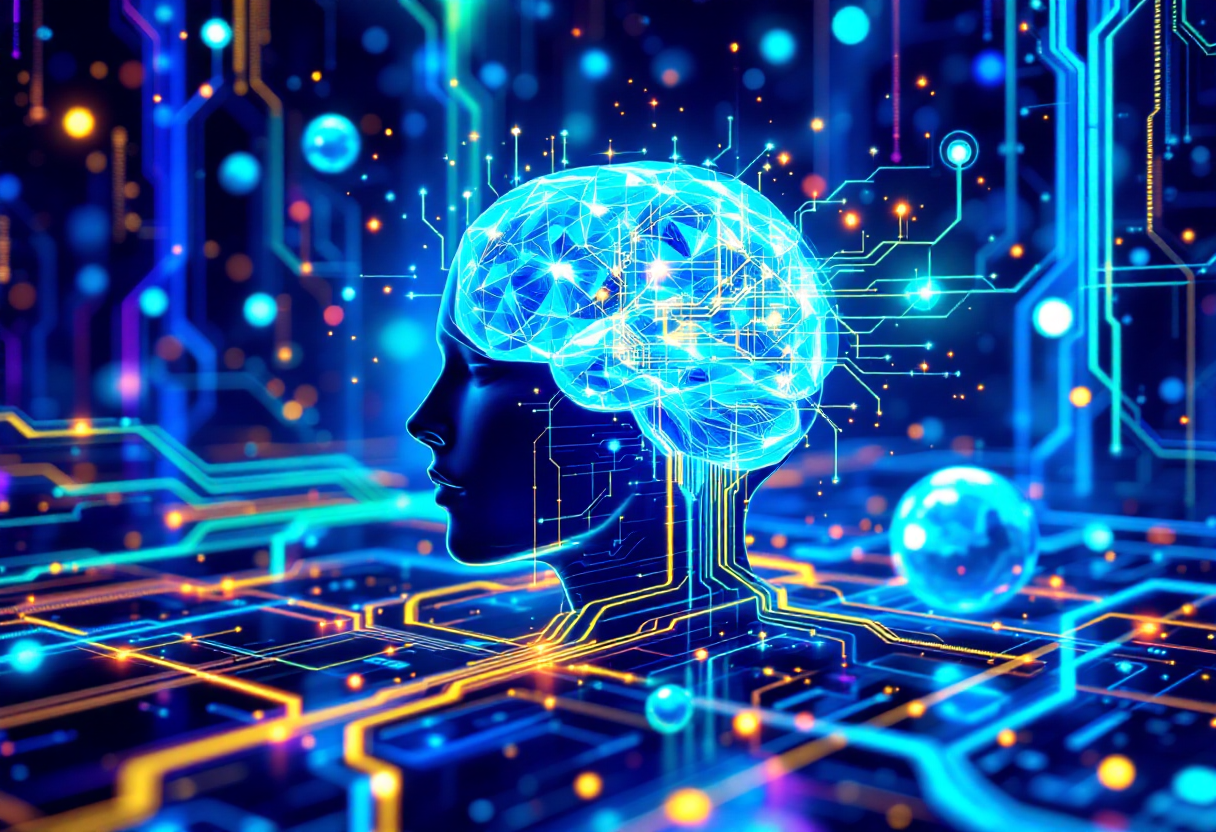
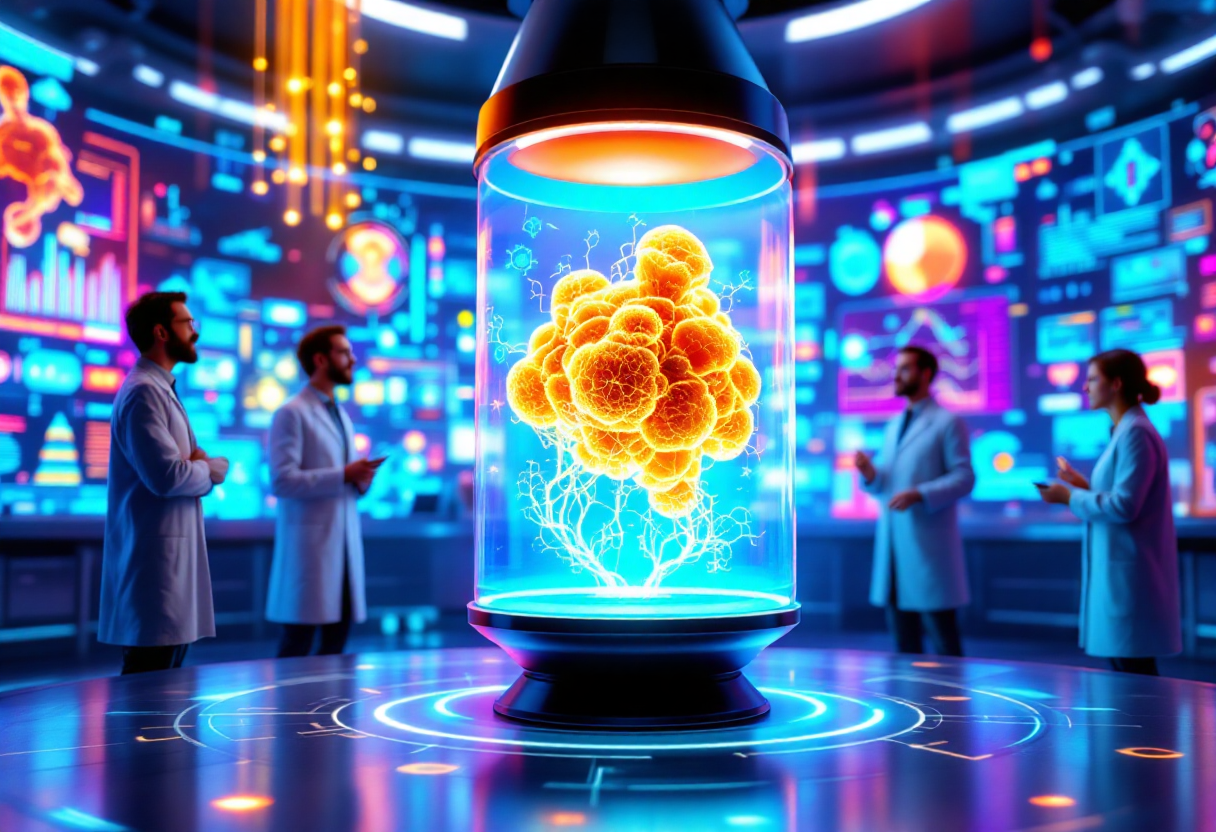
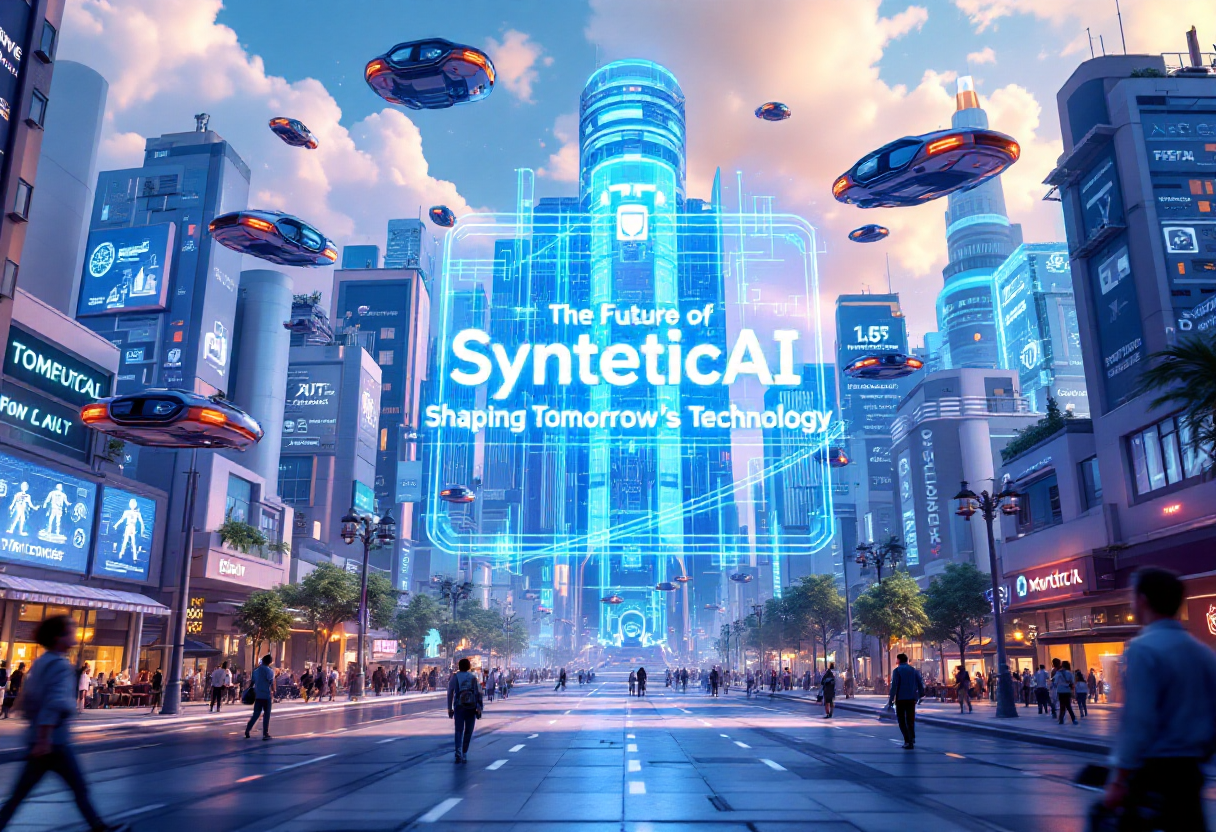
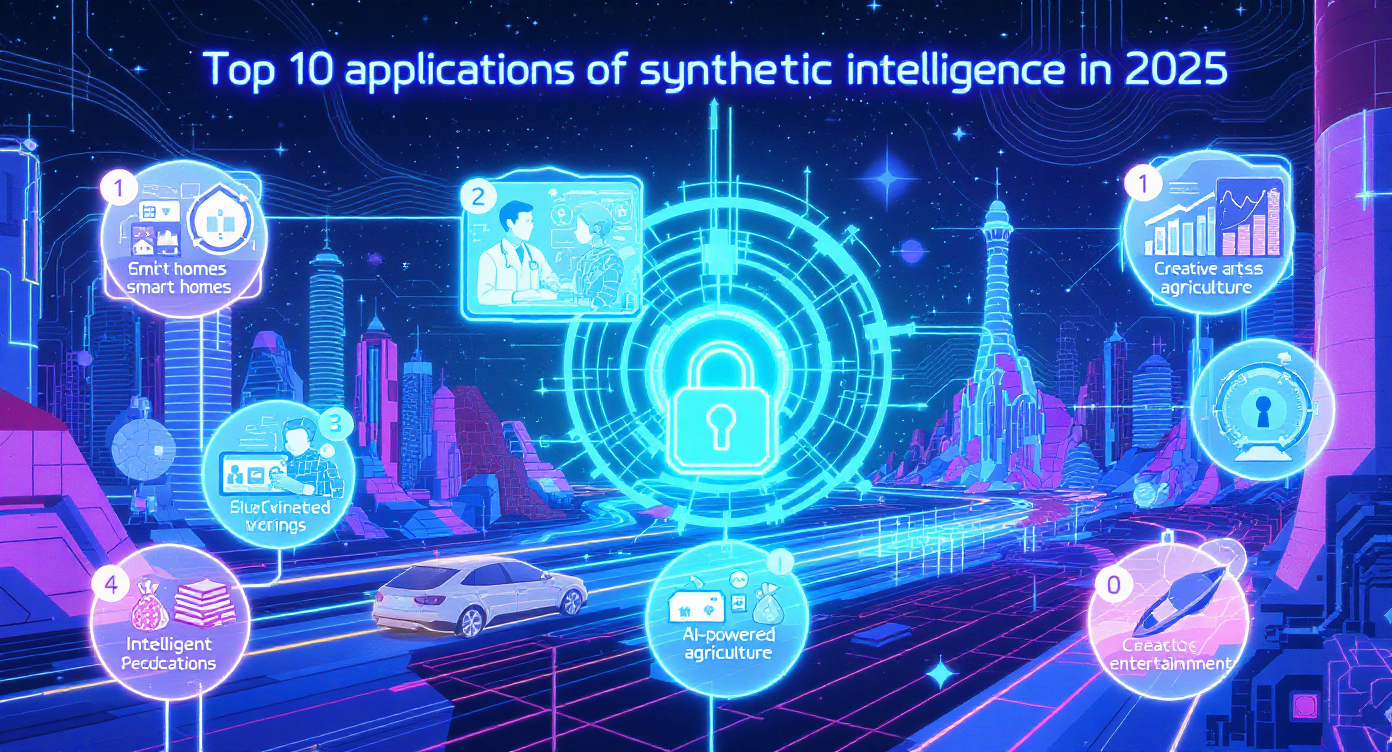
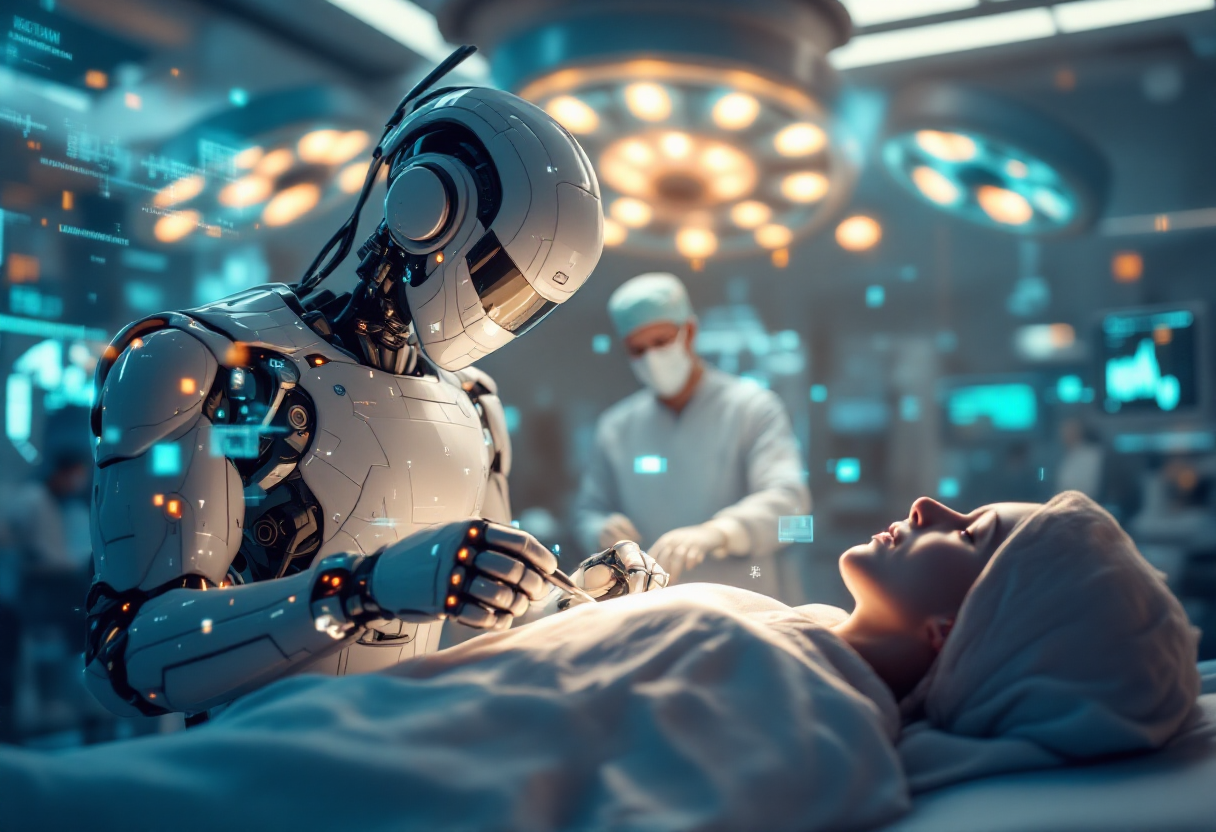
Leave a Reply